Evers reaches deal with Republican lawmakers on Wisconsin's 2025-27 budget to cut taxes, fund UW
Democratic Gov. Tony Evers and Republicans in the Wisconsin Legislature have reached a deal on the 2025-27 state budget, which would cut income taxes by $1.3 billion, increase funding for the Universities of Wisconsin despite a threatened cut, and raises taxes to pay for transportation projects.
Associated Press
July 1, 2025
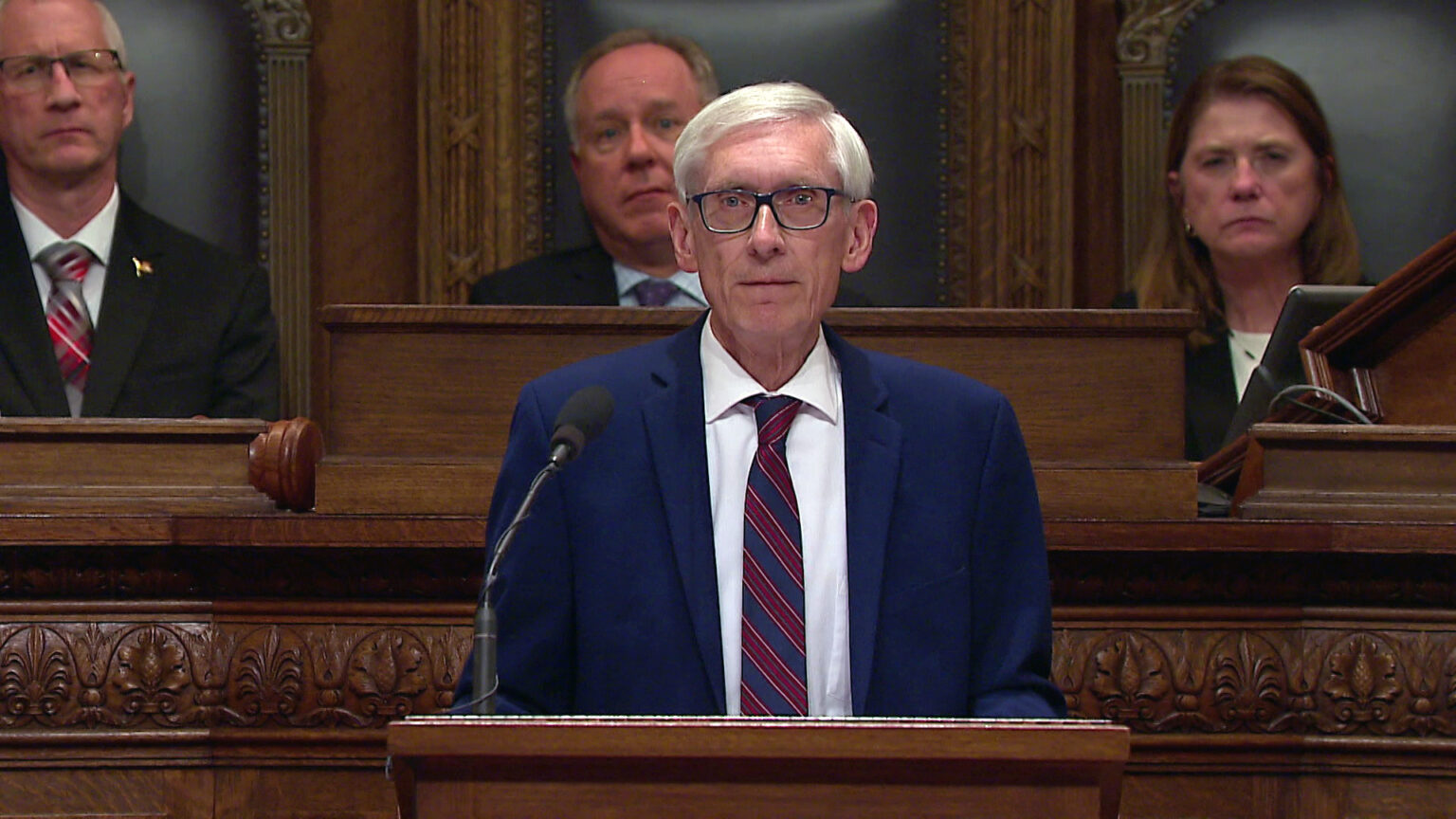
Gov. Tony Evers delivers his biennial budget proposal address on Feb. 18, 2025, at the Wisconsin State Capitol in Madison. Evers and Republicans lawmakers announced a deal on the state's 2025-27 budget on July 1. (Credit: PBS Wisconsin)

MADISON, Wis. (AP) — A budget deal brokered by Wisconsin Democratic Gov. Tony Evers and Republicans who control the state Legislature cleared a key hurdle on July 1, just hours after it was made public.
The deal in the battleground state on a new two-year budget cuts income taxes, calls for closing a prison and increases funding for the Universities of Wisconsin despite a threatened cut.
The Legislature’s Republican-controlled budget committee voted 12-4 to pass the plan nine hours after it was announced, with all Democrats opposed. It now heads to the full Legislature, which is scheduled to vote on it on July 2.
Evers called the deal “a pro-kid budget that’s a win for Wisconsin’s kids, families, and our future.”
Here is what to know about Wisconsin’s budget deal.
Tax cuts
Evers and Republicans agreed to $1.3 billion in income tax cuts largely targeting the middle class. More than 1.6 million people will have their taxes cut an average of $180 annually.
Republicans pushed for cutting taxes given the state’s roughly $4.6 billion budget surplus.
The deal would expand the state’s second lowest income tax bracket and make the first $24,000 of income for people age 67 and over tax-free. It also eliminates the state 5% sales tax on electricity, saving taxpayers about $178 million over two years.
Republican legislative leaders praised the deal as providing meaningful tax relief to the middle class and retirees.
“This budget delivers on our two biggest priorities: tax relief for Wisconsin and reforms to make government more accountable,” Republican Assembly Speaker Robin Vos said in a statement.
Higher education
The Universities of Wisconsin would see about a $240 million increase over two years, which includes $94 million for pay raises. UW Regents had asked for an $855 million overall increase and Republicans in June floated the possibility of an $87 million cut.
The deal also imposes a faculty minimum workload requirement and calls for an independent study on the system’s future sustainability.
Prison closing
Republicans will be voting on a plan on July 1 that would close the 127-year-old Green Bay Correctional Center by 2029 as Evers proposed. However, much of Evers’ prison overhaul plan was not approved, including converting the state’s oldest prison in Waupun, built in 1851, to a medium security center focused on vocational training.
“It seems like kicking the can down the road again,” Democratic Rep. Tip McGuire said.
That part of the budget was not under the negotiated deal with Evers, which means he could make changes to it with his powerful partial veto.
Schools, roads and child care get more
There will be $200 million in additional tax revenue to pay for transportation projects, funded by a variety of fee increases for license plates, titling a vehicle and renewing a driver’s license.
The agreement increases funding for child care programs by $330 million over two years, a third of which will be direct payments to providers. The money will replace the Child Care Counts program started during the COVID-19 pandemic. That program, which provides funding to child care providers, expired on June 30.
Funding for K-12 special education programs will increase by $500 million, but some Democrats opposed the deal because it includes no general aid increase for schools. That will lead to some districts losing funding, increasing the pressure to raise property taxes on homeowners.
State employees, including at the university, would get a 3% raise in 2025 and a 2% raise in 2026.
The budget deal was reached after Republicans killed more than 600 Evers proposals in the budget, including legalizing marijuana, expanding Medicaid and raising taxes on millionaires.
Democrats credit redistricting
Democrats said Republicans were forced to compromise because they didn’t have enough votes in the Senate to pass the budget without Democratic support.
Democrats gained seats in November 2024 under the new maps drawn by Evers and narrowed the Republican majority in the Senate to 18-15. Democrats are hoping to win a majority in one or both houses in 2026.
“What we are seeing playing out in this budget is the consequence of Wisconsin’s new fairer maps,” Democratic Sen. Jodi Habush Sinykin said in a statement.
Republican budget committee co-chair Sen. Howard Marklein said: “This is a great example of a compromise.”
But Democratic Sen. LaTonya Johnson described it as “a bipartisan effort by force, not by choice.”
What’s next?
The budget heads to the Legislature for final passage on July 2.
Once the budget clears the Legislature, Evers will be able to make changes using his expansive partial veto powers. But his office said Evers would not veto any budget provisions that were part of the deal he reached with Republicans.
Evers, who is midway through his second term, has said he will announce his decision on whether he will seek a third term after he has signed the budget. He has 10 business days to take action on the spending plan once the Legislature passes it.
Associated Press writer Todd Richmond contributed to this story.
Editor’s note: PBS Wisconsin is a service of the University of Wisconsin-Madison and the Wisconsin Educational Communications Board.
 Passport
Passport




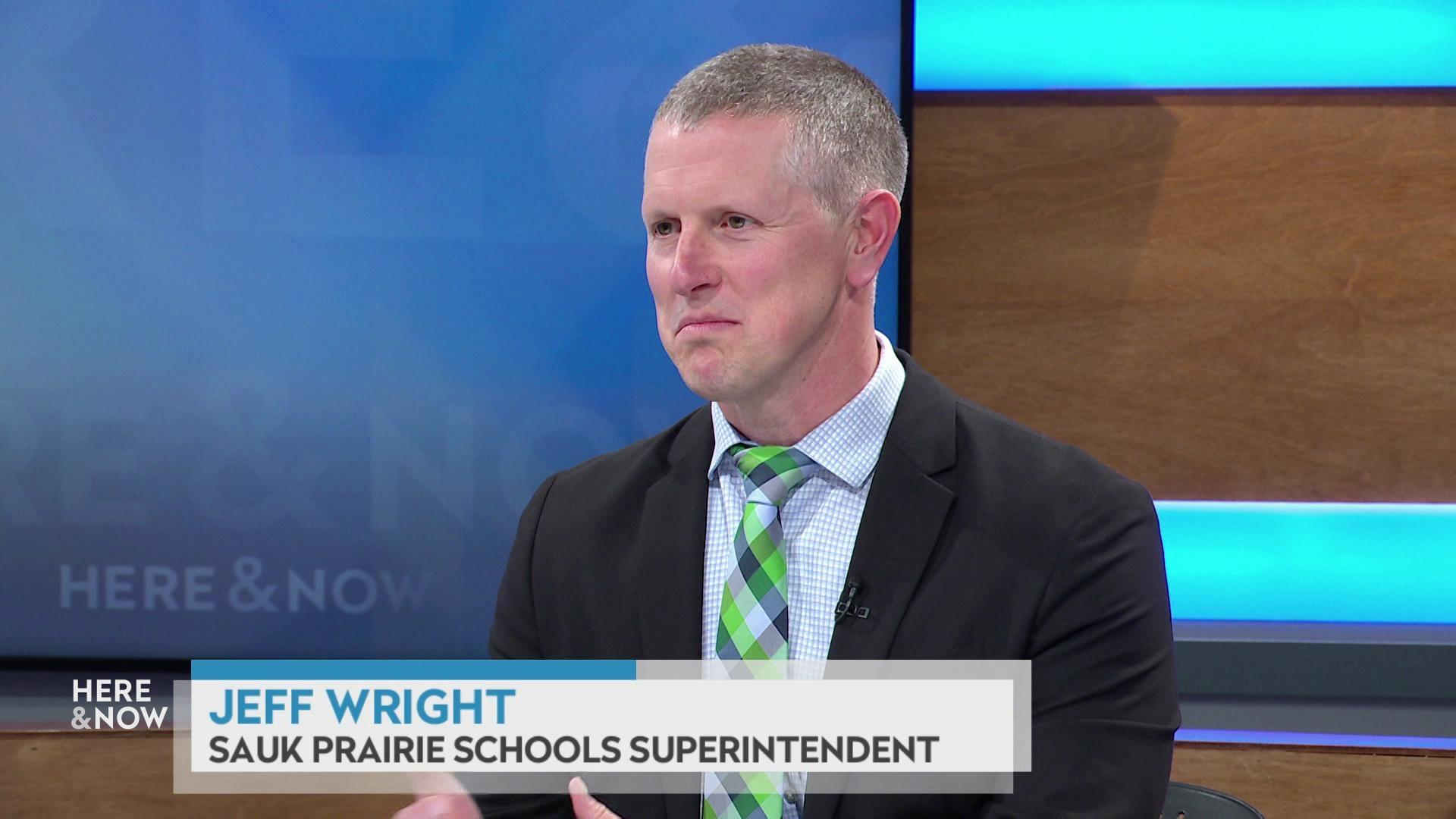
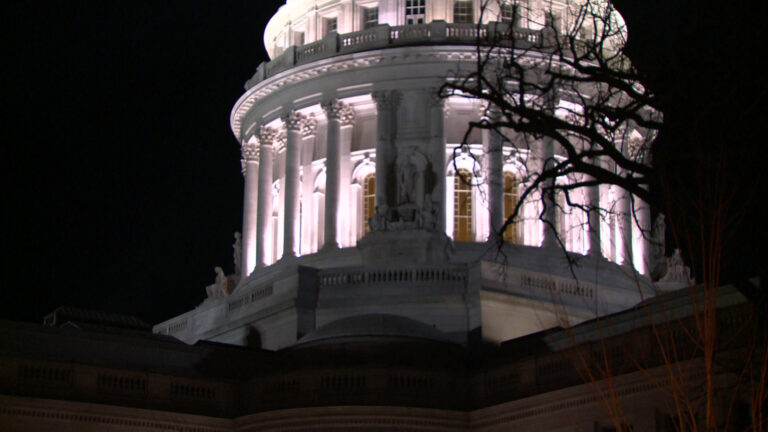
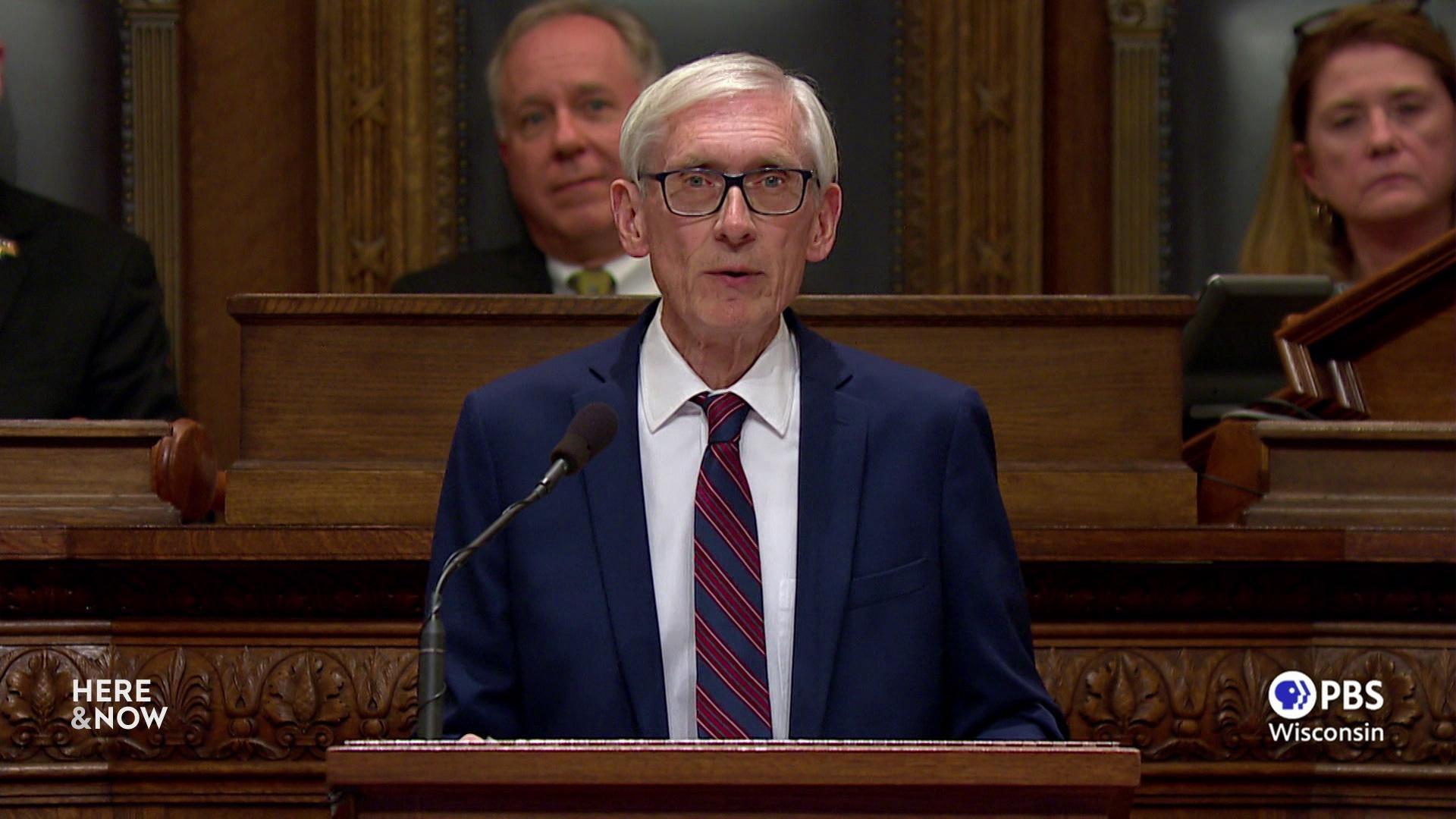
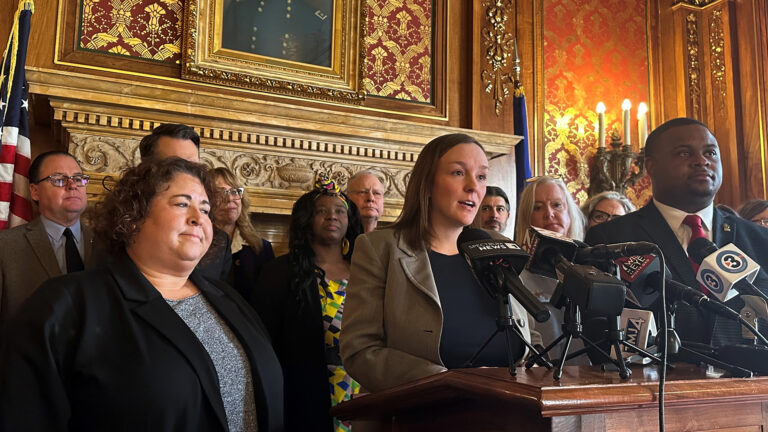
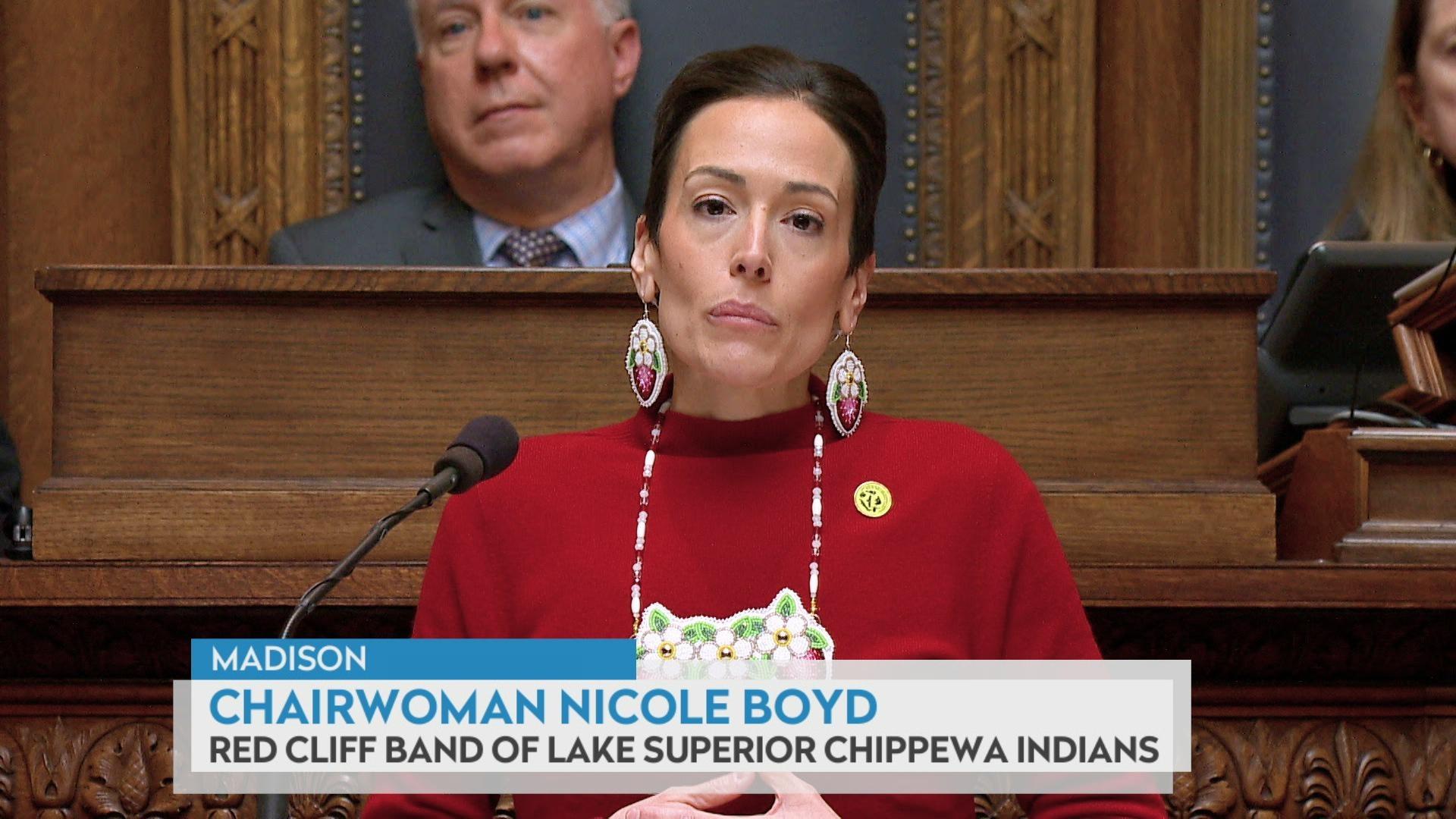
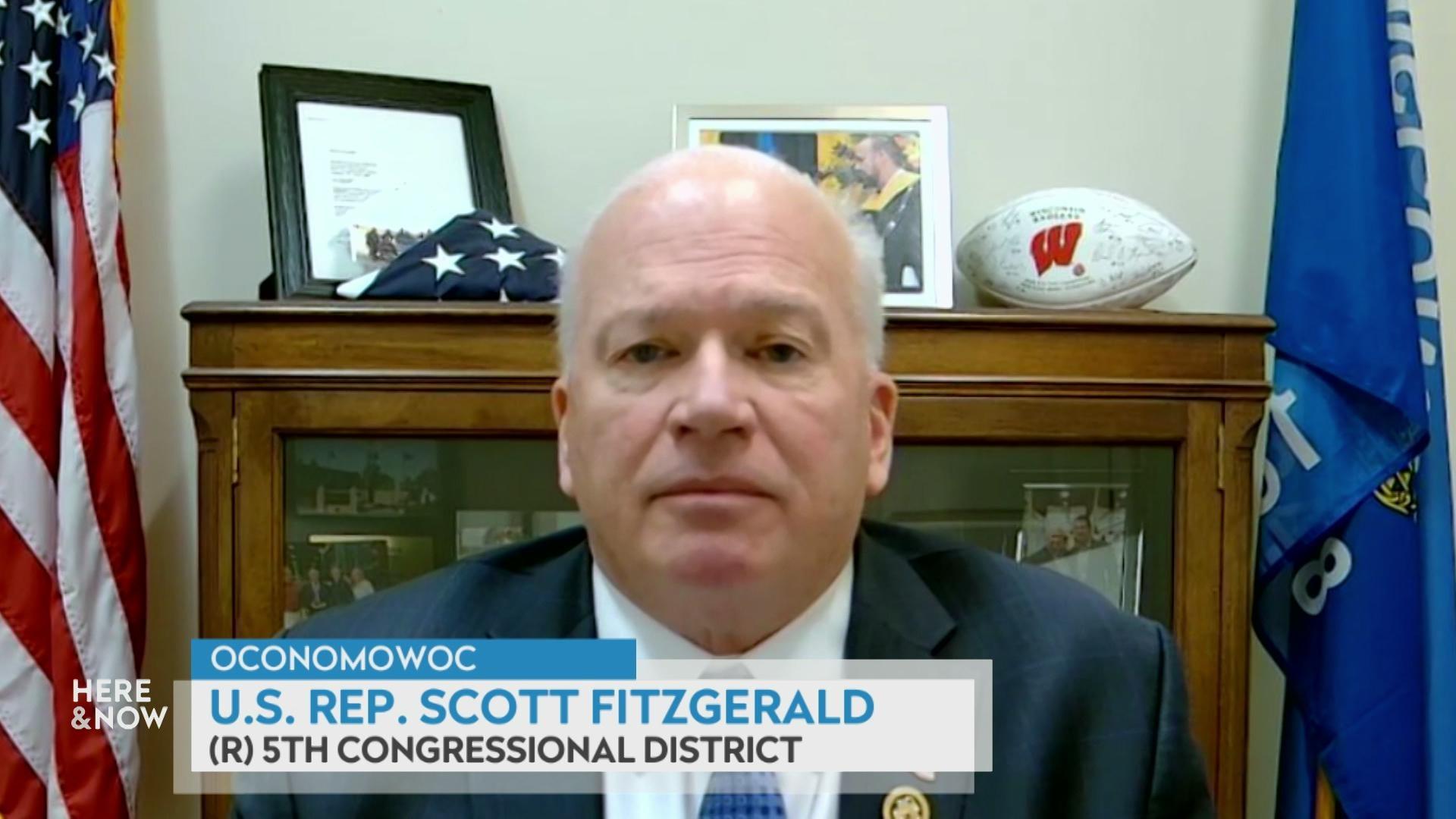

Follow Us